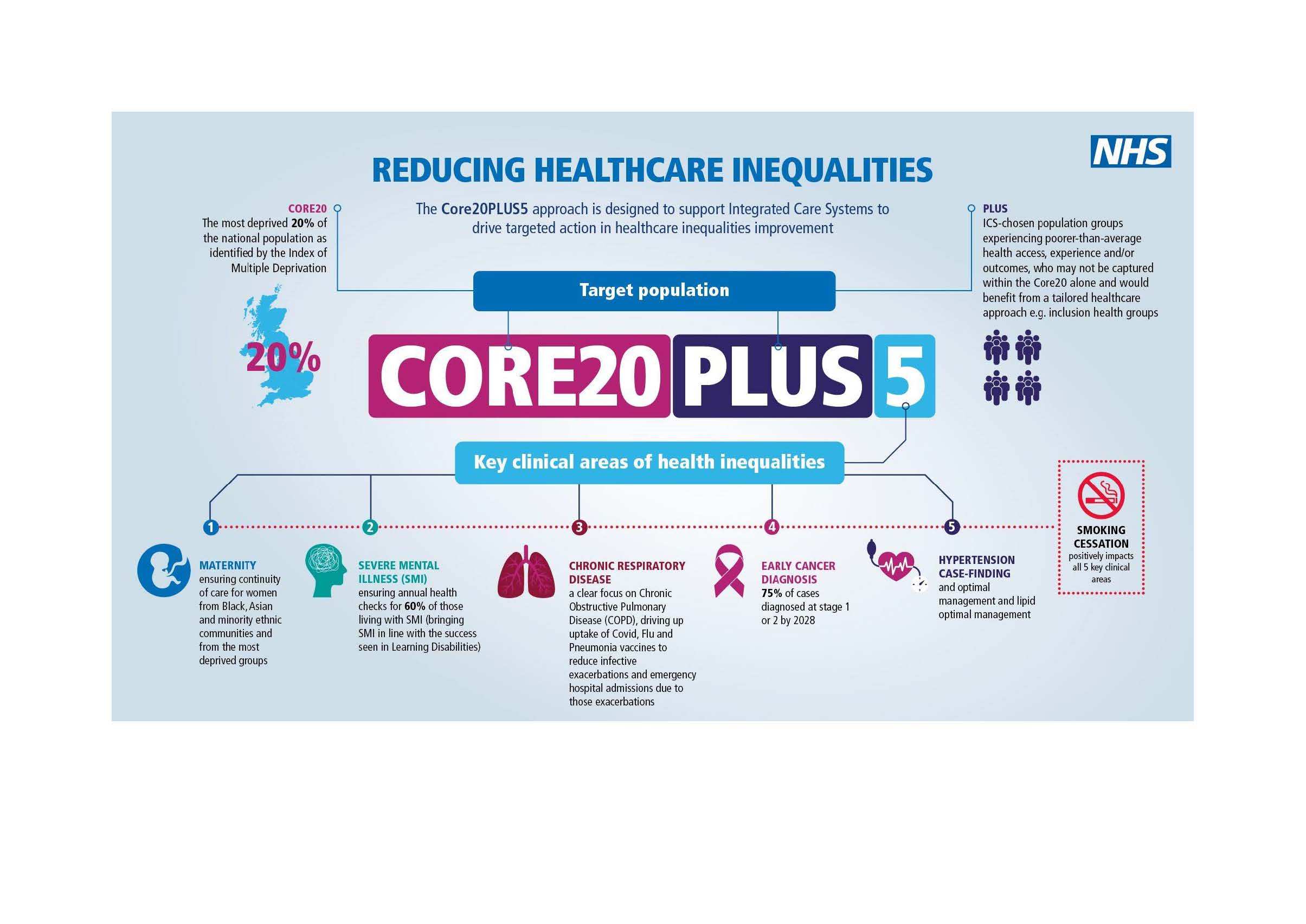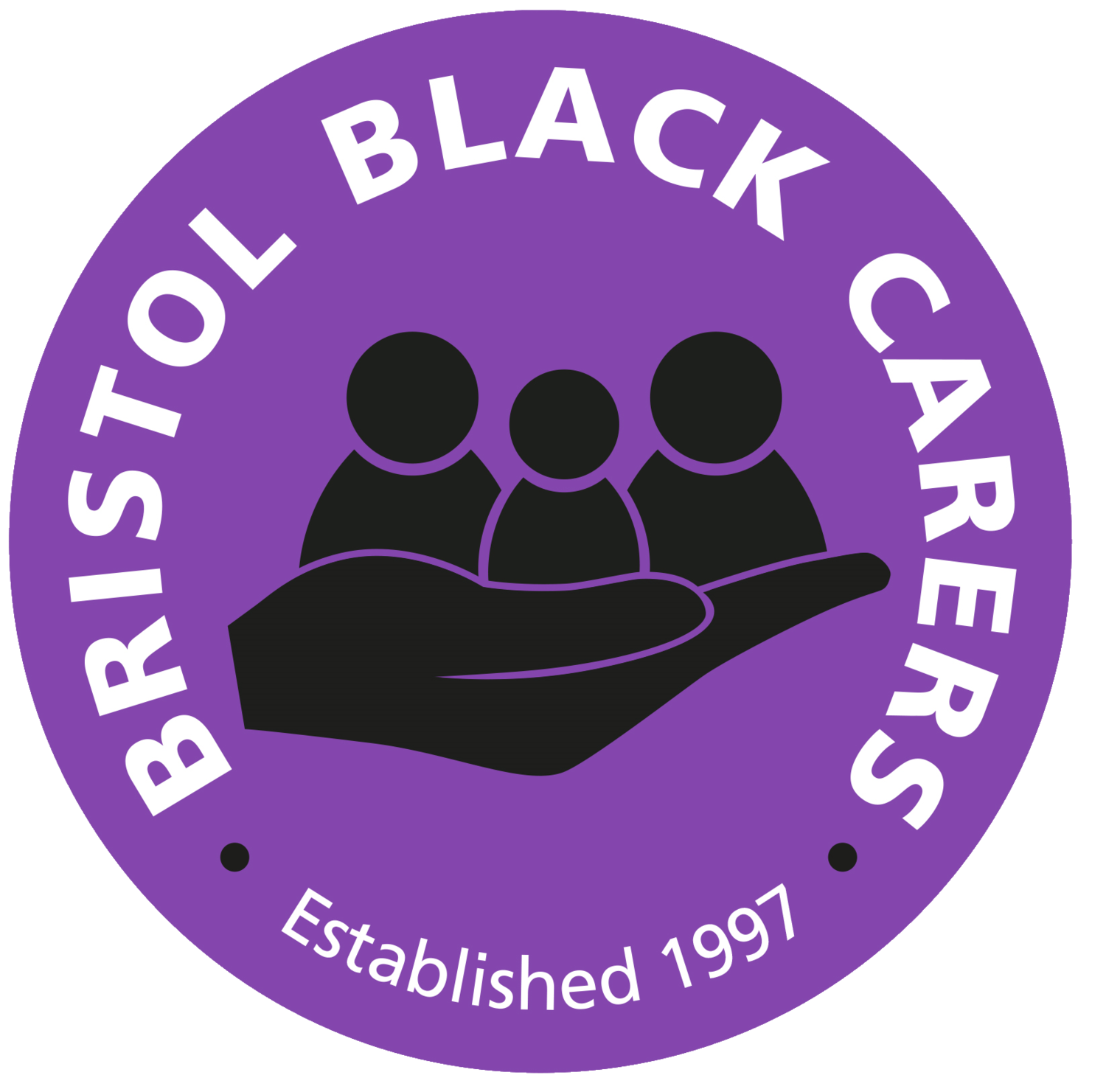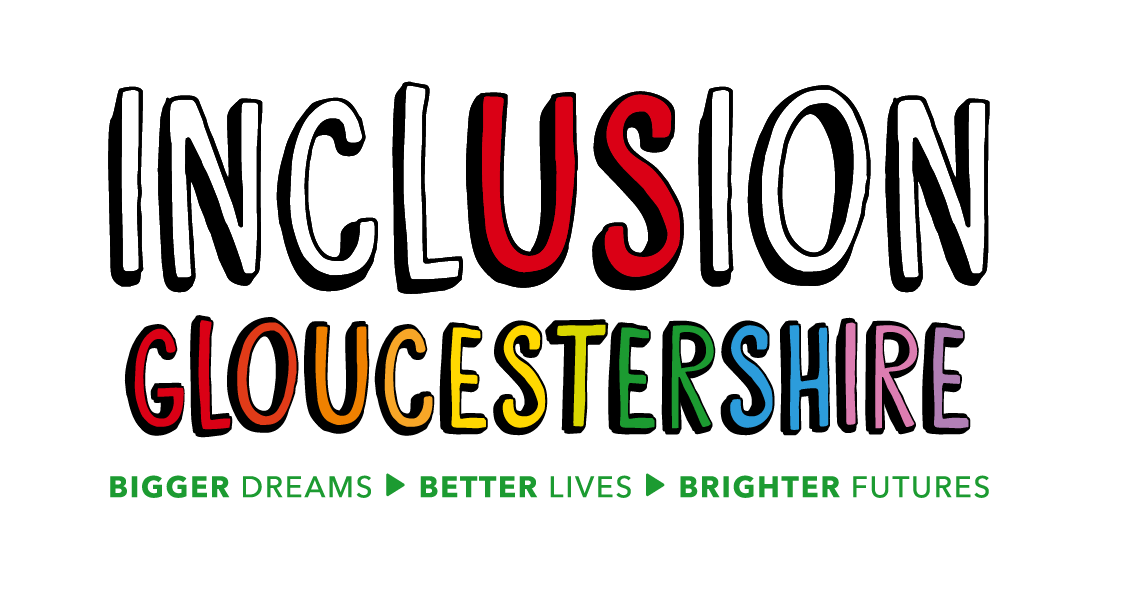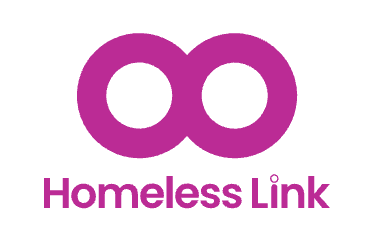- 1 in 2 people in the UK will be diagnosed with some form of cancer during their lifetime
- 40% of cancer are preventable as they are related lifestyle risk factors
- Poorer outcomes for population groups in the more deprived quintiles due to late diagnoses
- Pandemic and cost of living crisis has exacerbated the above issues
A new report from the Institute of Health Equity makes the case for prioritising reducing fuel poverty to address health inequalities and provides a useful framework for healthcare institutes to address health inequalities.
People living with cancer in the most socio-economically deprived areas:
- are 20% more likely to have their cancer diagnosed at a late stage
- receive only half the number of referrals to early stage clinical trials
- face almost 25% more emergency admissions in the last year of life compared to people in the least deprived areas
People with the lowest incomes:
- are almost twice as likely to report a need for more emotional support
- are twice as likely to want more practical support inside the home
- are three times more likely to need practical support outside the home than people with a higher income

Above: An engagement event with The Friends of Caswell Thompson and SWAG primary Care networks aimed at supporting balanced decision making in the early diagnosis of prostate cancer in Black men




